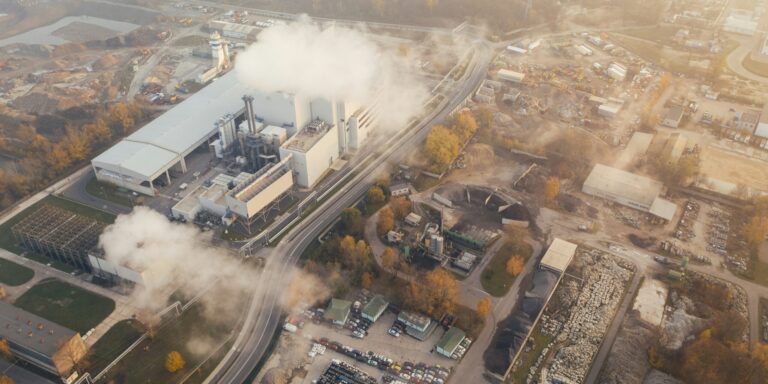JetZero, the California-based aerospace startup known for its next-generation all-wing Z4 aircraft, confirmed a $4.7 billion investment in a new manufacturing facility at Piedmont Triad International Airport in Greensboro, North Carolina. The project, announced on June 12, 2025, includes plans to generate over 14,500 jobs by around 2036—marking the single largest economic development commitment in state history. The average annual salary for these roles is expected to exceed $89,000, well above the region’s current wage levels.
The planned facility, covering approximately 3 million square feet, will produce JetZero’s Z4 blended-wing-body aircraft. This aircraft is designed to carry around 250 passengers more efficiently, promising up to 50% better fuel use compared to traditional models. Full production capacity would reach about 20 planes per month by the late 2030s.
Site construction is scheduled to begin in early 2026, with production slated to ramp up beginning around 2027. The anticipated hiring window extends through 2036. JetZero has raised roughly $300 million to date for the Z4 project, including U.S. Air Force funding to support development of a demonstrator model by 2027. United Airlines and Alaska Airlines are also investors, with conditional orders for up to 100 planes each.
State and local incentives for the project are significant. North Carolina has pledged over $1.1 billion in performance-based incentives over 37 years, and local governments are contributing roughly $784 million. Additional support includes up to $450 million for airport infrastructure improvements, and a broader package that could total more than $2.35 billion if performance thresholds are met.
State officials emphasized that JetZero’s commitment leverages North Carolina’s strong aerospace ecosystem, including over 400 aerospace firms already operating statewide and top-tier educational institutions. Training programs are in development through NC community colleges and universities to prepare workers for the high-tech roles in manufacturing and engineering.
This move builds on North Carolina’s emerging leadership in commercial aerospace. Greensboro’s PTI airport has become a hub for innovation with existing anchors like Honda Aircraft and Boom Supersonic. JetZero’s selection of the site followed a year-long search across 17 states and consideration of 25 finalist locations, signaling strong confidence in the region’s potential.
While the plan has drawn strong enthusiasm, it comes with challenges. JetZero will need to scale manufacturing capabilities, expand its labor force, raise additional capital, and navigate regulatory and supply-chain complexities. The company is partnering with Siemens to incorporate digital and AI-driven tools as part of a “factory of the future” approach aimed at building planes more efficiently and sustainably.
Once operational, the plant is projected to have an annual payroll impact exceeding $1.3 billion and to spur growth across related industries supplying aerospace parts, logistics, and construction.
JetZero’s Z4 aircraft promises a quieter, more spacious cabin layout with wider boarding doors and less congested aisles—improvements aimed at passenger comfort along with environmental performance. While it will operate on conventional jet fuel initially, the design may support hydrogen conversion later on.
In summary, JetZero’s $4.7 billion investment and commitment to more than 14,500 jobs amount to a high-stakes bet on U.S. aviation innovation and manufacturing resurgence. If carried out as planned, the Greensboro facility could become a national model of high-tech aerospace production and workforce development.
